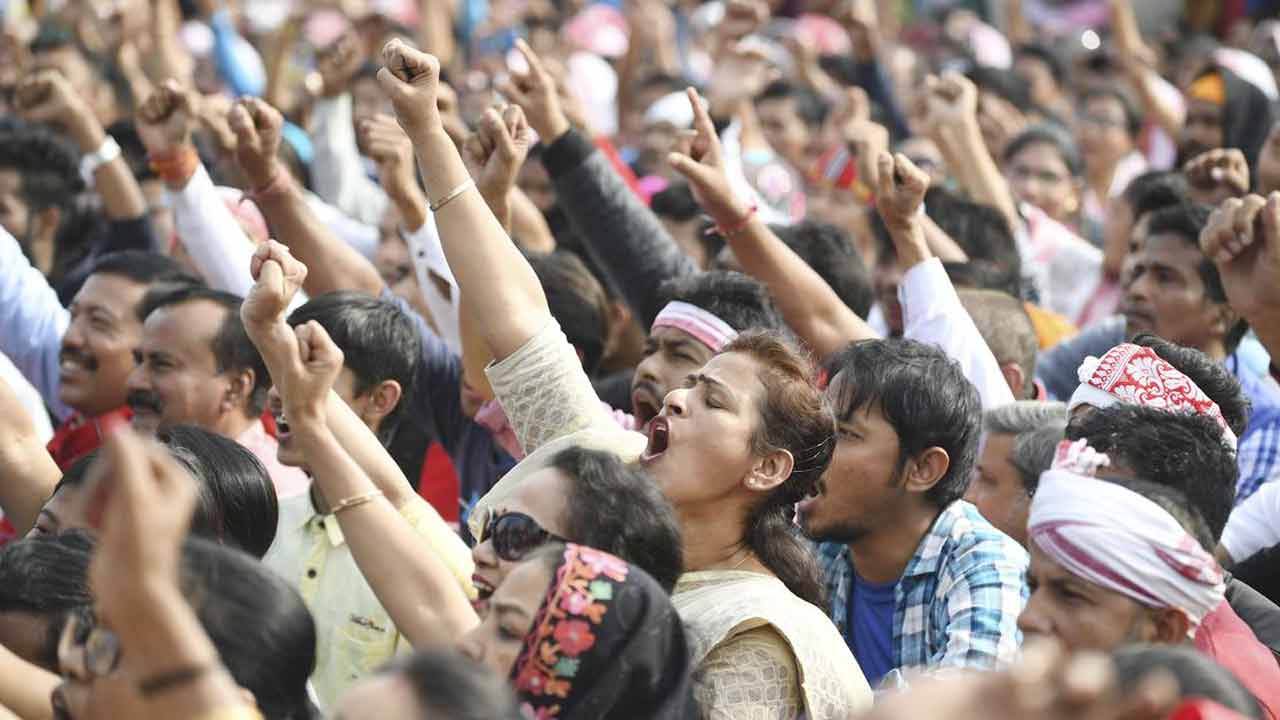
Four years after its passage, India enacted the controversial Citizenship Amendment Act (CAA). The law came into effect across India from Monday on the orders of the central government.
The Ministry of Home Affairs of the Central Government in New Delhi confirmed the information about the implementation of the Act on Monday (March 11) evening.
The Act was passed by the then BJP government in 2019. According to this Act, the people of Hindu, Christian, Sikh, Buddhist and Parsi communities from Bangladesh, Pakistan and Afghanistan who have come and taken refuge in India due to communal torture and persecution will be given citizenship till December 31, 2014.
The first Citizenship Act was passed in India in 1955. According to that act, those who have come to India from abroad and have resided in India for 11 years out of the last 14 years and have stayed for at least 1 year, will be allowed to apply for Indian citizenship.
The new Act has reduced the 11-year term to 5 years.
After the law was passed in 2019, protests started in various states of India. The protests were led by various Indian parties against the BJP. The ruling Trinamool Congress in the West Bengal state government is also strongly opposed to the amended Citizenship Act.
The objections to the CAA mainly arose from North-East India. Many fear that if the CAA comes into effect, the influx of refugees will increase massively in the northeastern states of India. As a result, linguistic and cultural problems may emerge. Many people joined the anti-CAA movement to protect their language and culture.
In addition, there was a storm of protest over the exclusion of Muslims from the law. Not only that, the root cause of opposition to the CAA in South India is the exclusion of Tamil refugees from Sri Lanka.
This law is likely to have a wide impact, especially in West Bengal. West Bengal Chief Minister Mamata Banerjee said in a message immediately after the Union Home Ministry issued a notice to enforce the law, she will not allow the CAA to be implemented in the state.
Opponents of the Act alleged that the Act was against the Constitution of India. Because this law is discriminating among citizens on religious grounds. However, the BJP said, this law will not take away the citizenship of anyone; Rather, those who migrated to this country due to religious discrimination, will be given citizenship.
After the law was passed in 2019, there were riots in several Indian states, including the capital New Delhi. Hundreds of people lost their lives in these riots.
However, to prevent any kind of violence this time, the Union Home Ministry had already given notice to the police departments of all states to be alert.
On February 10, Union Home Minister Amit Shah said that a notice to implement the CAA will be issued before the Lok Sabha polls. BJP kept that promise on Monday.




